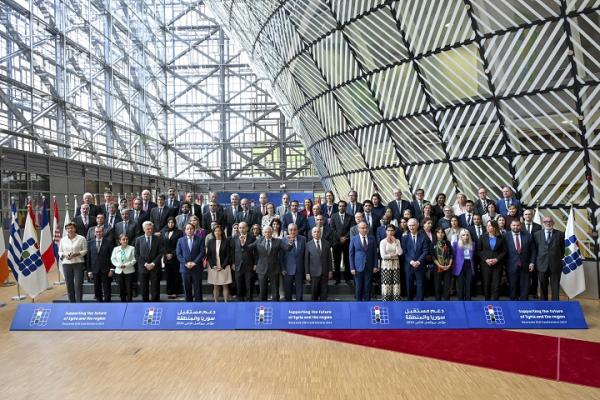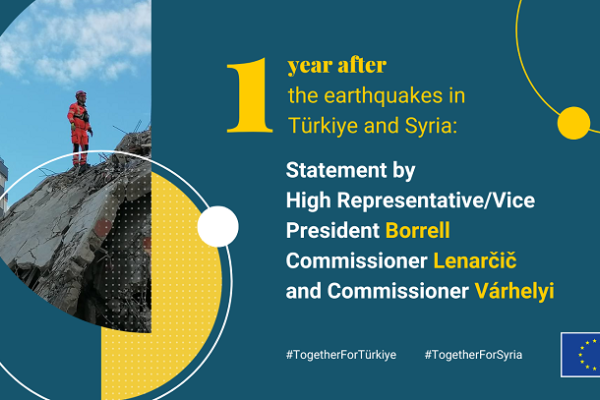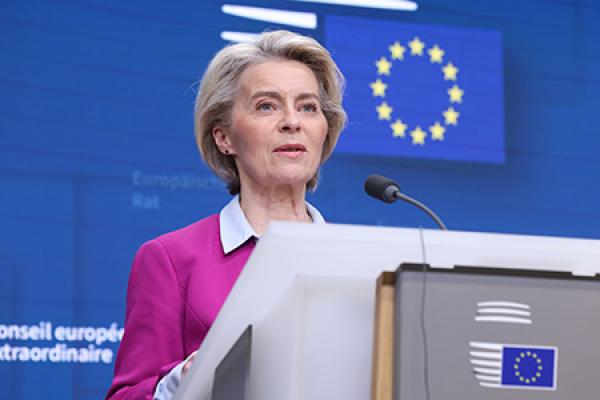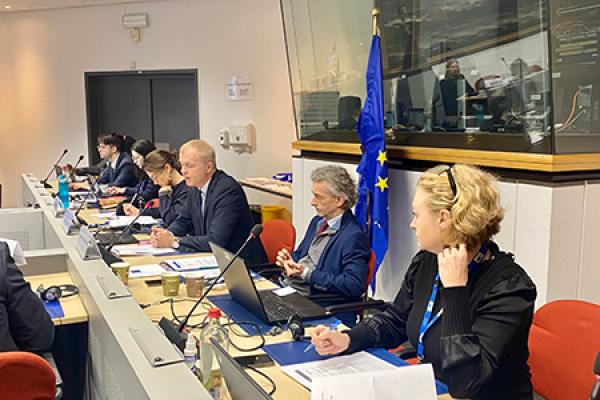ENI 2015/C(2015)8541/Syria SM I/Support to Syrian Population
- ENI 2015/366410/Syria/Strengthening the resilience of Palestine refugees
- ENI/2014/351055/Syria/Joint comprehensive EU framework for cross-border operations in Syria from Turkey
- ENI 2015/038709/Syria/Restoration and stabilisation of livelihoods
ENI 2015/C(2015)6878/Syria SM II/Trust Fund in response to the Syrian crisis
ENI 2015/C(2015)8861/Syria SM II/Part 2/Trust Fund in response to the Syrian crisis
ENI 2014/C(2014)9146/Syria SM/Support to Syrian Population
- ENI 2014/037726/Syria/Support for people in Syria affected by the crisis – Phase II
- ENI 2014/037727/Syria/Urban information and analysis
- ENI 2014/037730/Syria/Education for vulnerable and displaced children
- ENI 2014/351068/Syria/Scaling-up of emergency restoration and stabilisation of livelihoods
- ENI 2014/351055/Syria/Cross-border operations Syria Turkey
ENPI 2012/C(2012)3815/Syria SM I/Syria and Syrian refugees
- ENPI 2012/024428/Syria/Areas affected by the influx of Syrian refugees
- ENPI 2012/038375/Syria/Displaced Syrian children and host communities in Jordan
- ENPI 2012/024069/Syria/Syrian population affected by the unrest
ENPI 2012/C(2013)2350/Syria SM I/Syria and Syrian refugees /Modification
ENPI 2010/C(2010)9066/Annual Action Programme for Syria
- ENPI 2010/021830/Syria/Reforming and Modernising the Judiciary
- ENPI 2010/021894/Syria/SAAP I
- ENPI 2010/021853/Syria/Industry for Growth and Employment Programme (IGEP)
- ENPI 2010/021857/Syria/In-Service Training Programme (IST)
- ENPI 2010/021874/Syria/Banias Water and Wastewater Project
- ENPI 2010/021862/Syria/Municipal and Environment Infrastructure Programme







